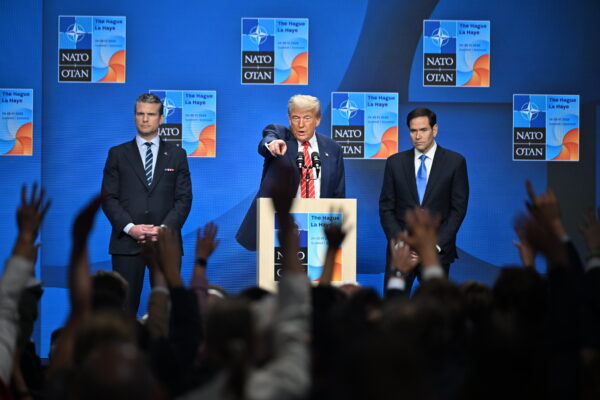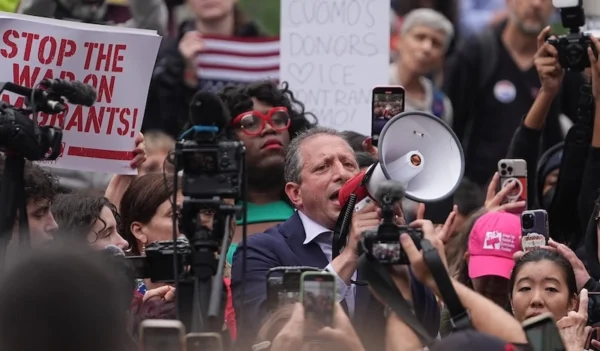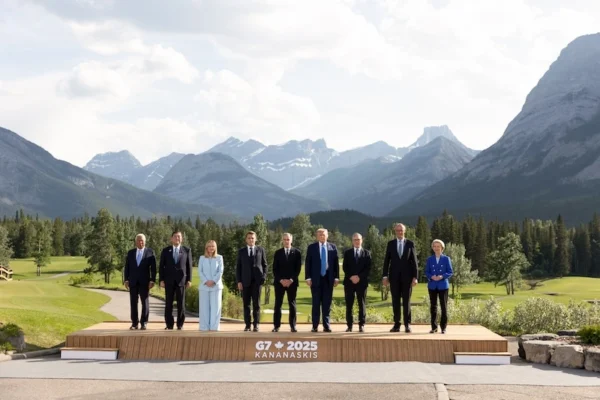Towards the End of Geopolitical Pluralism in Central Asia
The crisis in Ukraine affected the countries in the former Soviet Union and particularly in Central Asia more than anywhere else. Since the beginning of the demonstrations in the Euromaidan, which led to the overthrow of Viktor Yanukovych, the leaders of Central Asian nations started to increasingly worry about the survival of their own regimes. These leaders not only share similarities with Yanukovych, but also the emergence of such a movement in the hinterland of Eurasia reminds them of the potential spread of people’s movements in their own countries. Since the start of Arab Awakening in 2011, the same regimes did their best to isolate themselves from this wave by censoring the media and increasing pressure on the domestic opposition.
During the course of the demonstrations in Kiev, the Central Asian regimes once again tried to avoid possible fallout from these demonstrations by censoring the news about the events.
The possible spread of the movement in Kiev to the Central Asian capitals is not the only thing that worries the leaders of the region. The Russian reaction to the events, the invasion of Crimea and the disintegration of Ukraine are equally worrisome for these regimes, which have a sizable Russian population within their territories. More significantly, the case of Crimea and Russian determination in the region created serious concerns among the countries that host Russian bases and installments. Russian attempts to intervene in neighboring countries on the pretext of protecting its nationals and its increasing strategic assertiveness regarding its military bases generated anxiety among many Central Asian leaders. The emergence of pro-Russian militias in eastern Ukraine and public support for these armed groups are especially considered possible threats to the national unity of Central Asian nations. In countries like Kazakhstan that have a long border with Russia and countries like Tajikistan that host a Russian military base, the apprehension from the situation is felt more than other countries.
This situation may seriously affect the regional balance of power in Central Asia. In the aftermath of the crisis in Ukraine, Central Asia may lose the geopolitical pluralism the nations in this region have been enjoying.
This geopolitical pluralism has so far provided relative autonomy for these states in terms of foreign policy and economic and military relations. Now with the emergence of the crisis in Ukraine, these countries face two significant crises at the same time. First of all, in order to eliminate the possibility of a future Russian intervention to their territories, Central Asian states may resort to policies of alignment by other regional powers. With the scheduled withdrawal of the U.S. from Afghanistan and relative lack of interest in U.S. foreign policy establishment toward Central Asia, these leaders will most likely improve their already close relations with China in order to balance Russia.
China has been increasing its clout in this region in the last decade and its demographic, economic and political influence actually created a different type of disapproval among the public in Central Asia.
Secondly and more significantly, as Russia feels it is losing its grip over this region due to the increasing alignment of Central Asian nations with China, it may act preemptively to stop this process. Such a preemptive action may be based on different pretexts, such as protecting the Russian minorities or defending its strategic interests and military bases in these countries. This may lead to the overthrow of the government, emergence of civil wars due to the existing ethnic tensions in the region and even dismemberment of these countries because of territorial issues.
Both scenarios bring significant problems for the Central Asian nations.
Under these circumstances, there are only a limited number of options and actions that the leaders of these nations may take to stop the increasing aggressiveness of Russia while also avoiding the economic and demographic threat of China. This situation leaves almost no chance for the survival of geopolitical pluralism in the changing geopolitical and political situations in the post-Soviet Central Asia.
This article was originally published in Daily Sabah on April 17, 2014.




















